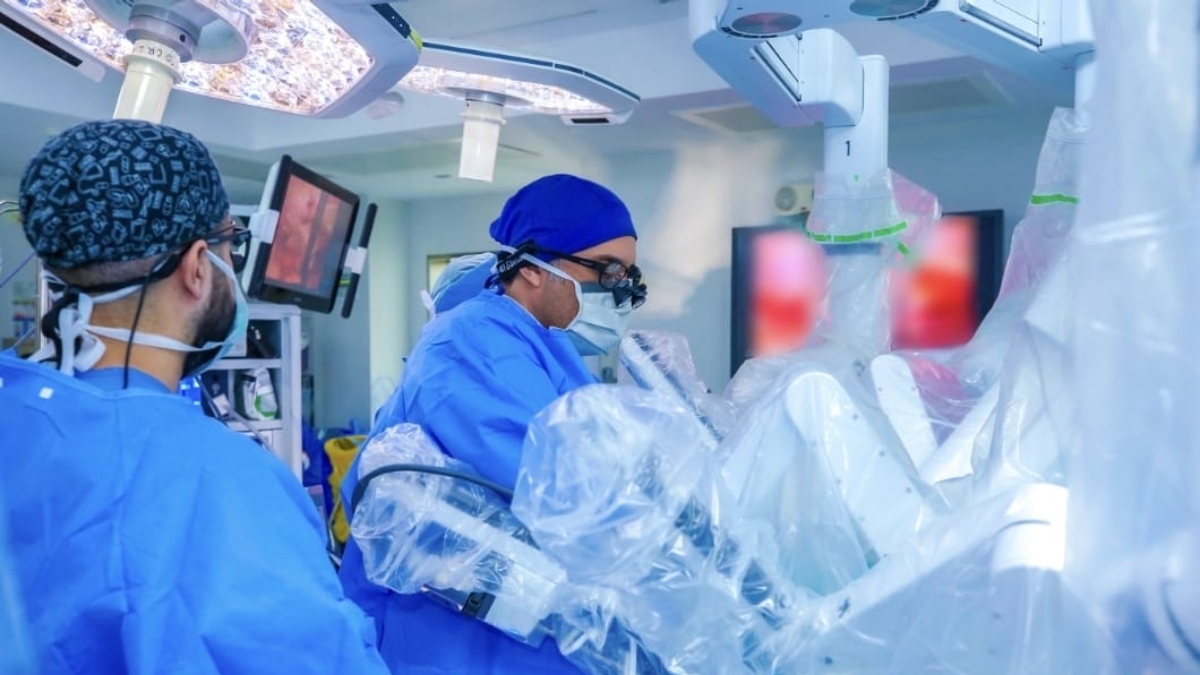King Faisal Specialist Hospital and Research Centre (KFSHRC) in Riyadh has achieved a medical milestone by completing the world’s first robotic-assisted implantation of an artificial heart pump, the HeartMate 3, developed by Abbott. This groundbreaking procedure highlights Saudi Arabia’s growing prominence in global healthcare innovation.
The surgery was performed on a 35-year-old patient who had been hospitalized for 120 days due to severe heart failure, compounded by kidney and lung complications. The procedure, led by Dr. Feras Khaliel, head of cardiac surgery and director of KFSHRC’s Robotics and Minimally Invasive Surgery Program, showcased the precision and benefits of robotic technology.
Unlike traditional methods, which typically require extended recovery times, the patient spent just four days in intensive care, compared to the average of 26 days, and is expected to be discharged within 10 days, significantly faster than the usual 63 days.
Dr. Khaliel highlighted the safety and efficiency of robotic-assisted surgery, noting that the patient experienced no bleeding or infections and expressed amazement at the minimal scarring.
Dr. Bjorn Zoega, KFSHRC’s deputy CEO, stated that this achievement underscores the hospital’s commitment to bold innovation while maintaining rigorous safety standards. He emphasized that such advancements reinforce Saudi Arabia’s position as a global leader in specialized healthcare.
Keith Boettiger, Abbott’s vice president for heart failure business, lauded the collaboration with KFSHRC, describing it as a transformative initiative that aligns with Abbott’s mission to improve health outcomes.
KFSHRC has a track record of medical breakthroughs, including the world’s first fully robotic heart and liver transplants. It is ranked as the leading academic medical center in the Middle East and Africa and among the world’s top 250 academic hospitals. It has also been recognized for its smart hospital technologies by Newsweek.






